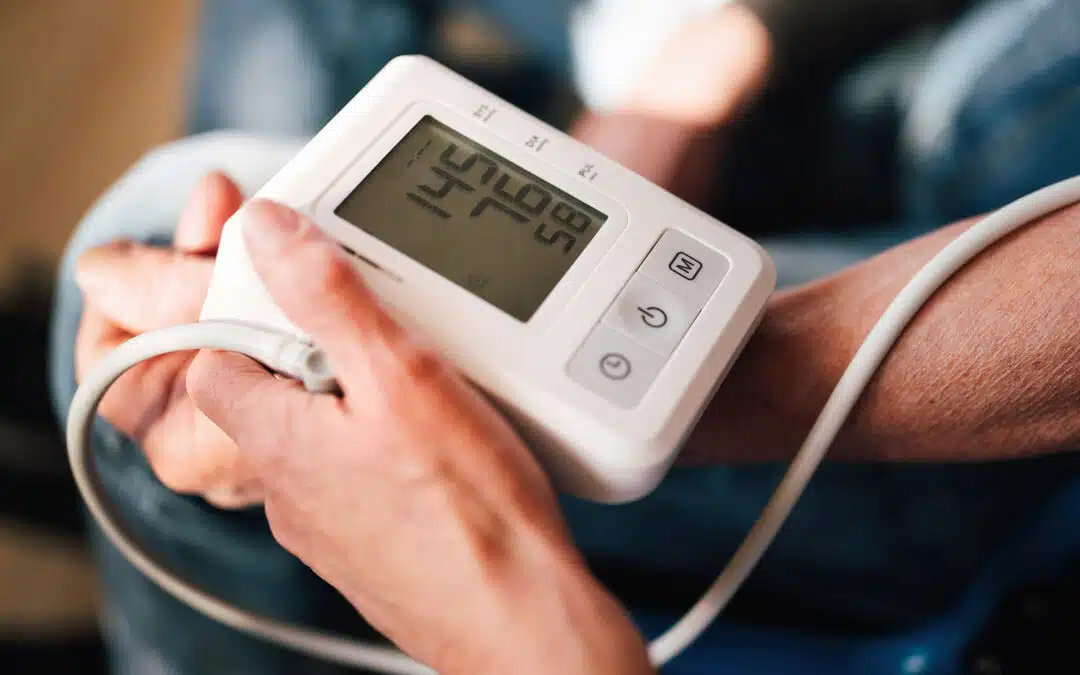In the U.S., the average person consumes more than twice the daily amount of salt recommended by the American Heart Association. This is a problem, but it’s no wonder, when we are bombarded with convenient processed options at every turn. Choosing foods that are ideal for a heart-healthy diet does not have to mean going salt free. To reduce your sodium intake, you can create an eating plan that utilizes healthy substitutes for salt as well as better choices when it comes to the amount of salt per day that you consume. It’s all about building a healthy balance of options that are both delicious and good for your heart!
7 Healthy substitutes for salt
Go beyond sodium reduction and incorporate things that bring more flavor to your food.
- Citrus fruits
Lemon, limes, and more can add a bright taste to any dish. - Chilis/Cayenne pepper
Dishes without salt won’t be bland when you add spiciness to them! - Rosemary and Thyme
Add unique flavor to marinades, chicken dishes, and more. - Paprika
Paprika is versatile, and it can be used on with meat, poultry, fish, and vegetables. - Garlic and Onion
Add a punch of flavor to any savory dish with delicious onion and garlic. - Basil
Use sweet, peppery basil in pesto, soups, sandwiches, and more. - Cumin
Cumin can add aromatic zest to Mexican and Middle Eastern dishes.
Why too much sodium is bad for your heart
Sodium is a mineral that is essential for nerve and muscle function. So while it’s important to take care not to consume too much, it’s still an important part of an overall balanced diet. Yet too much sodium running through your bloodstream pulls water into your blood vessels, increasing the volume and, as a result, the pressure. High blood pressure over prolonged periods of time can stretch out or injure a blood vessel, making it easier for plaque to accumulate. This accumulation blocks blood flow and makes it your heart work harder to pump blood through the body. All of this extra work can ultimately damage your heart. In addition, the blockage could become so severe that blood won’t be able to reach your heart.
Make better choices
A heart-healthy diet starts with the ability to make healthier, more sensible food choices. It doesn’t mean you have to cut out everything you love. It simply means you should pay attention to how much sodium you’re eating and search for a salt substitute at times. It’s important to begin with an assessment of your current diet to figure out how much sodium you’re consuming now.
First, start small: pay attention to how much table salt you are adding to your food. Choose a salt shaker that distributes salt at a slower pace to make it harder to add too much salt to your plate. Cutting back by just half is a great beginning to making a huge difference.
If you eat a lot of processed foods, you may be consuming too much sodium, since sodium chloride (salt) is used as a preservative to enable them to have a longer shelf life.
Salad dressing is one of the saltiest processed foods you might be consuming, which is a shame because so many people eat salads to be healthy. It’s unfortunate that all those healthy benefits could be cancelled out with an unhealthy salad dressing. Consider making your own from scratch. It’s easy, and this way you can control the flavor and the amount of sodium. Condiments and marinades are another source of high sodium. Soy sauce is a huge offender, but you can still enjoy it by choosing the lower sodium version. Meat marinades can add lots of flavor to dishes, but beware of the high sodium content in pre-bottled versions. You could use a homemade spice rub instead, or you could make your own flavored vinegar. You can infuse them with fresh herbs and spices or even fruit for a fun kick of flavor. Or try this flavorful gem made with lemon juice and olive oil. The burst of flavor from these flavor-enhancing ingredients means you can use less salt.
Recipes to try
Eating well can be delicious, and these recipes that are packed full of flavor prove it. For a heart-healthy breakfast, try this breakfast tostada. It is composed of ingredients that offer your mind and body the fuel it needs to start the day off right. And it’s gluten-free!
For lunch, try turkey avocado lettuce tacos for a midday pick-me-up. Plenty of fresh veggies heightens the flavor profile of this dish that only has 260 mg of sodium.
Round out the day with a hearty dinner thanks to lime-glazed pork chops. Citrus adds wonderful flavor and complexity to meat. Best yet, this dish only has 87 mg of sodium per serving!
Reducing the amount of sodium you consume doesn’t have to mean adhering to a diet of bland, boring food. There are plenty more flavorful elements that can add zest to your food!






